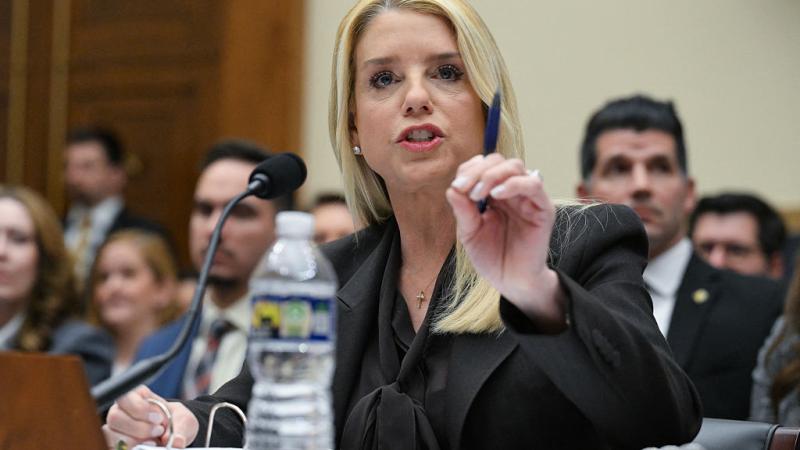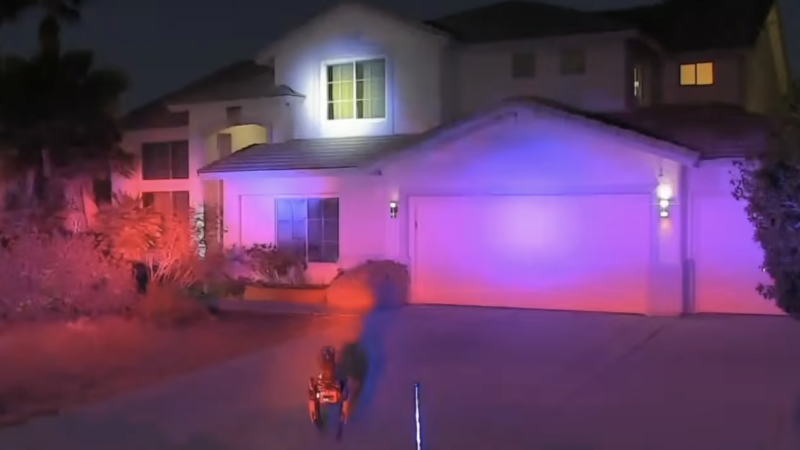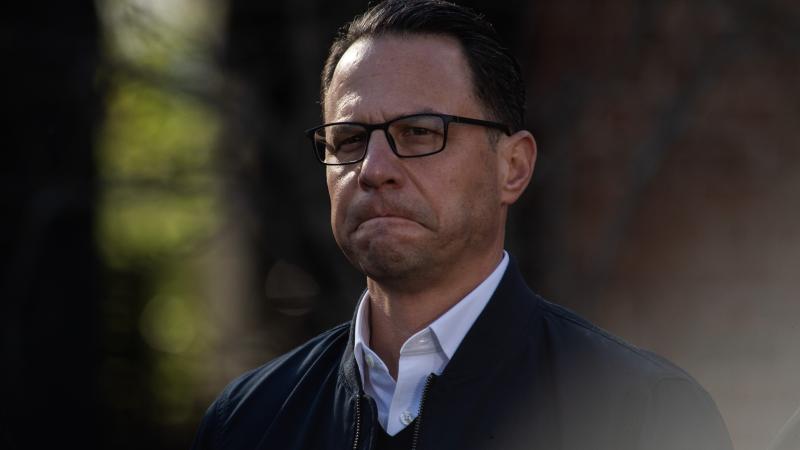Nearly half of self-service kiosks IRS set up to be customer friendly don't work, watchdog finds
The report, published by TIGTA on Monday, revealed that out of the 100 kiosks set up in April 2024, 55 were functional, 40 were inoperable and that the status of five was unknown.
While the Internal Revenue Service promised a more customer-friendly experience with self-serving kiosks, roughly half of the machines don't work, the Treasury Inspector General for Tax Administration reported Monday.
The investigative report by the chief IRS watchdog revealed that out of the 100 kiosks set up in April 2024, 55 were functional, 40 were inoperable and that the status of five was unknown.
A self-service kiosk is an interactive computer terminal that lets customers do tasks without needing direct assistance from staff.
These kiosks are at Taxpayer Assistance Centers, where people can go to resolve issues with their taxes.
"In our prior evaluation, TAC managers indicated that the contractor was slow to respond to service requests," the report stated. "Kiosks were left inoperable for long periods of time.
"The lack of proper oversight of the contract resulted in the IRS paying approximately $500,000 annually to a contractor that did not timely perform the necessary services for the kiosks to remain operational," it added.
You can read the report here:
File
Alliance for IRS Accountability CEO Chuck Flint said on the "Just the News, No Noise" TV show that the kiosks that weren't working haven't been functional for an average of 463 days.
"We actually highlighted that issue a couple of months ago, and then the inspector general followed up on that in a report now saying that the program lacked proper oversight," Flint said.
The report from TIGTA found that managers at Taxpayer Assistance Centers where these kiosks are located, were typically very slow to handle service requests, which prolonged the kiosks not being able to be used.
"The machines were left inoperable for long periods of time, with some kiosks not working for over a year. We also found that the IRS did not provide proper oversight of the contract," the report reads. "This lack of oversight resulted in the IRS paying approximately $500,000 annually to a contractor that did not timely perform the necessary services for the kiosks to remain operational."
When a kiosk encounters problems that cannot be resolved with basic troubleshooting, a TAC manager has to submit a service ticket to a contractor.
"According to IRS management, 137 service tickets were outstanding from February 2023 through August 2024," the report states. "At the time of our review, 24 tickets were open."
TIGTA said that the public would likely benefit from modernized and operable kiosks because it would increase trust in the process of helping taxpayers resolve their issues.
Flint emphasized the importance of these kiosks being functional, because it is easier for taxpayers if they don't have to go to an official to get their issues sorted out.
"It is a method by which they can go ahead and improve the taxpayer's experience," he said. "They haven't done it, and it's very disappointing to see that, but I have a feeling that it's probably going to be cleaned up."
The Facts Inside Our Reporter's Notebook
Documents
File













